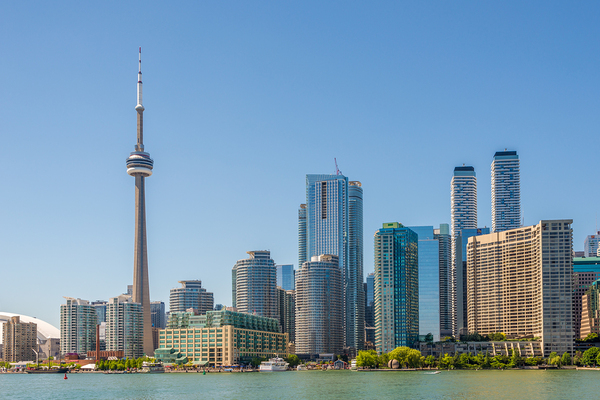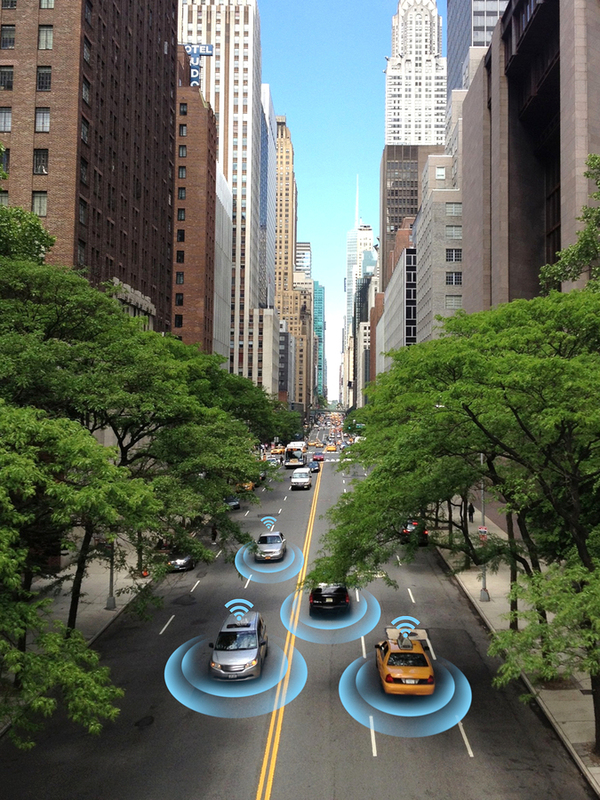A subsidiary of Google and the Canadian government are building a cutting-edge digital city in Toronto. The development, called Quayside, is a development jointly sponsored by Sidewalk Labs, which is a subsidiary of Alphabet Inc., the parent of Google, and Waterfront Toronto, an agency of the Canadian government.

A subsidiary of Google’s parent is building a development in Toronto.
Building a Digital Urban Utopia to Scale…
The purpose of Quayside was to build a “smart city” on 12 acres of waterfront in Toronto. As the name of Sidewalk Labs indicates, part of the mission was to create a laboratory of what a fully digital from-the-initial-building-stage would be, and part of the mission was to redevelop an area that had fallen into disuse.
The first part of the mission paints Quayside as an urban digital utopia, of sorts. Self-driving cars are part of the mix, as are heated streets – a big benefit in Toronto’s harsh winters – and use of sensors in handling waste. The second part of the mission is the anticipated $1 billion expenditure that Sidewalk Labs will invest in the 800 acres encompassing and around Quayside, to the benefit of Toronto and Canada’s government. Both pieces of the mission will allow the development to scale some of the utopian ideas, to see whether (and how) they work for government and business leadership.

Experimenting with self-driving cars at scale is one of the plans.
…With Looming Questions About Digital Privacy
But there’s also growing discontent with some of the ideas for Quayside, and it reflects the larger questioning of privacy and security concerns in digital and technology news.
Why? Well, the initial plans, at least, point toward a digital “identity management system” that would control the access to public services for Quayside residents. Municipal library cards and healthcare, universal in Canada, are examples.
The idea may have been seamless access through digital means, of course. But many observers in Canada and elsewhere are concerned about Google’s data collection methods – and more importantly, whether residents know which data are being collected and why. That’s the part that tracks with increasing global concerns about privacy.
In fact, several weeks ago, one of the board members resigned, citing privacy concerns, and noting “I imagined us creating a Smart City of Privacy, as opposed to a Smart City of Surveillance,” in her resignation letter. At first, stakeholders were told that any data collected would be deleted and made unidentifiable. Recently, though, they were told that data might be made available to third parties.
A related concern is how the data of residents might be monetized for the ledgers of a private company. Quayside would be highly networked, with sensors on streets, parks, and in buildings. The possibilities for mapping citizens’ actions and movements are multiple, and it isn’t clear what entity would control the data and how it might be used.
Ultimately, the consensus seems to be that these questions need to be asked and answered before Quayside moves forward appreciably. It might still be a digital utopia, with applications ranging from urban pollution to traffic congestion. But it’s also a data lab – and at this point, perhaps a privacy lab as well.
